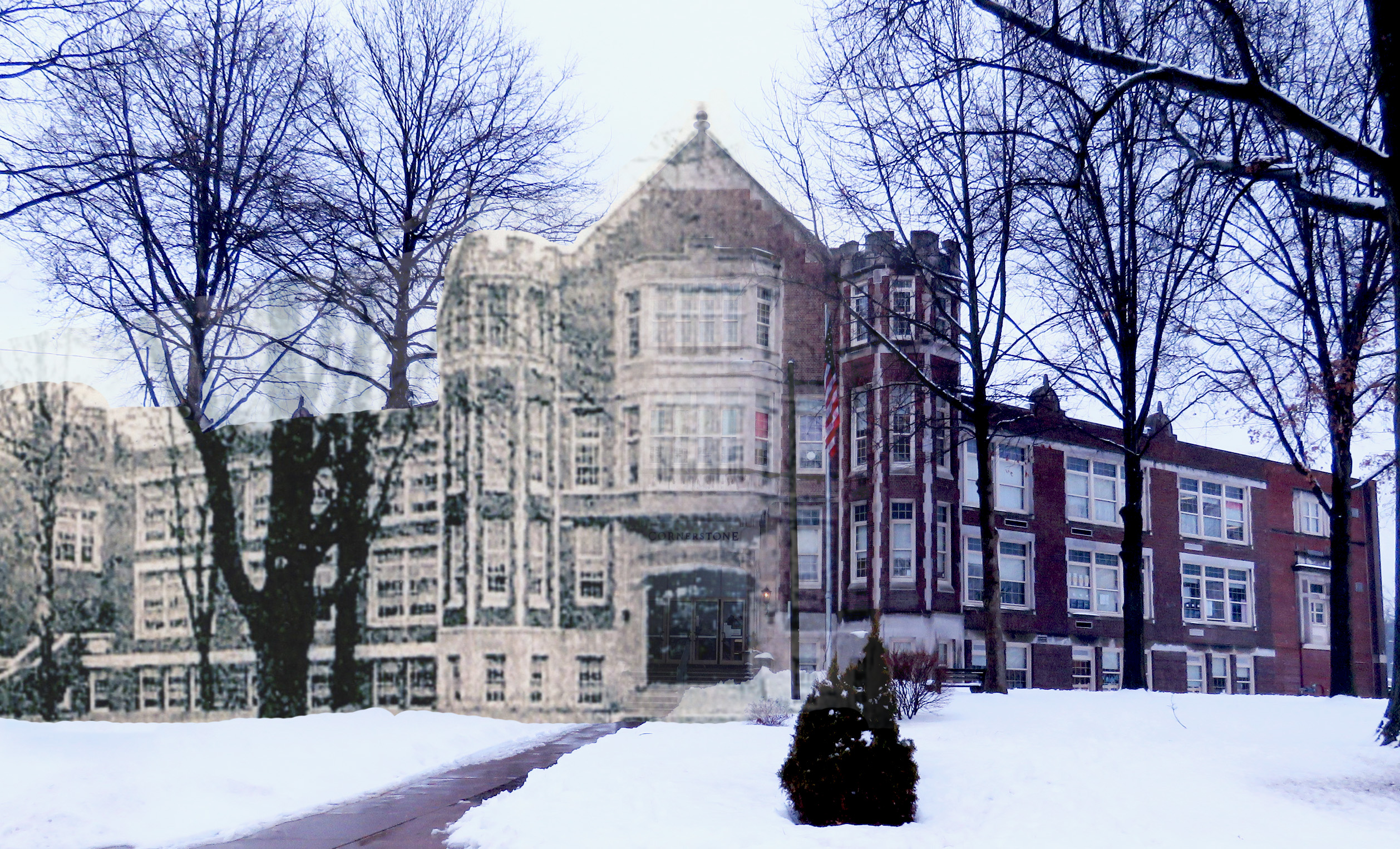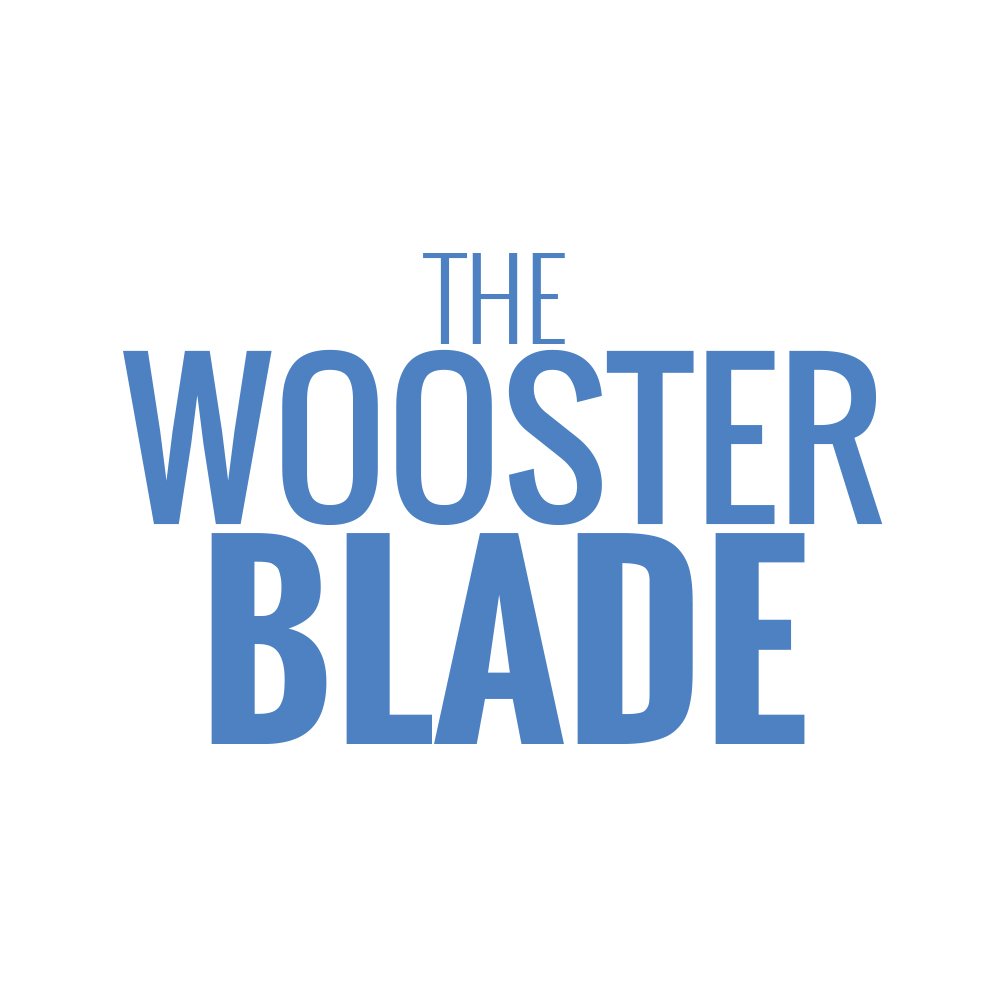Editors defend free press
In its long and storied history, The Wooster Blade has produced plenty of newspapers, but it has also made headlines of its own.
On Jan. 19, 2003, four student editors sued the school district, claiming the district violated its own free press policy when they confiscated all copies of the paper due to a potentially defamatory story regarding the school’s implementation of its alcohol policy.
National media outlets picked up the story, and the Student Press Law Center rallied with the students, providing a pro bono lawyer.
Darcie Draudt, editor-in-chief at the time, was the lead plaintiff in the case, Draudt v. Wooster BOE.
“For the senior editors, as student journalists writing for an open forum publication, we were most interested in upholding our right to publish without prior review from the administration,” Draudt said.
In the short term, the plaintiffs and defendants reached a compromise, allowing The Wooster Blade to release the issue the next month with two sentences redacted.
A year later, the lawsuit reached full resolution. Neither side was a clear winner on the surface, but the SPLC hailed the verdict as a subtle victory for the students.
First, the court ruled that The Wooster Blade was a limited public forum, and in doing so, laid out clear guidelines for the definition of public and nonpublic fora for the future.
“What I am most proud of from the settlement was the Feb. 2003 decision by Judge James Gwin, which reexamines, post-Hazelwood, what constitutes a public forum for a public school paper… For student journalism as a whole, it was extremely helpful for other cases to help define publications as public or limited public fora,” Draudt said.
Mike Hiestand, of the SPLC, examined the impact of the case in an article for the National Scholastic Press Association on Feb. 26, 2003.
“The judge in this case, for example, found that school officials reasonably believed that the Blade article was defamatory… But most high school censorship cases don’t involve defamatory material- they involve content that school officials simply don’t like. That sort of weak excuse won’t fly under the analysis adopted by this court,” he wrote.
The district agreed to other terms out of court, including an agreement to consult with student editors in future disputes over impounding the paper, according to a Journalism Education Association brief.
In pursuing the case, the students gained experience in the legal world and on the national stage.
“The lawsuit was the first time I’ve spoken to a national audience on the record. The process reaffirmed the importance of understanding multiple sides to an issue before making comment or taking action,” Draudt said.
Draudt now works at a nonpartisan foreign policy research institute in Washington DC.



